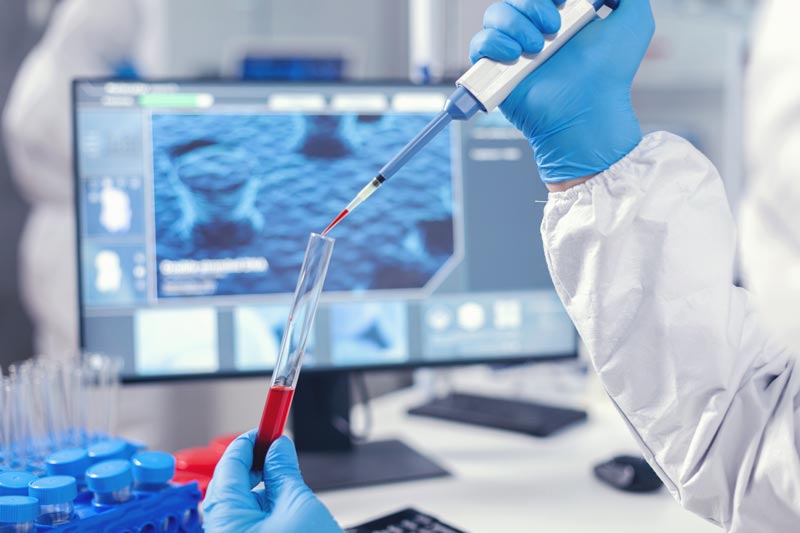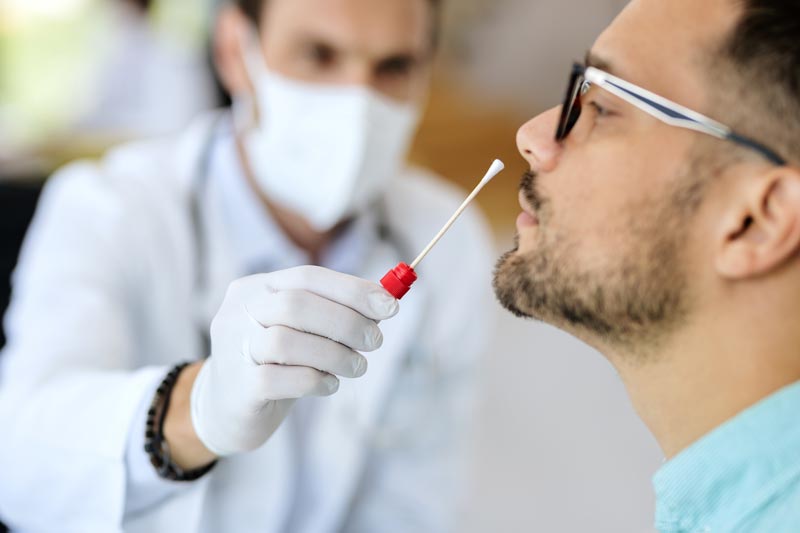What is Prostatitis?
Prostatitis refers to a group of disorders that manifest due to inflammation or infection in the prostate gland—a crucial entity in the male reproductive system situated below the bladder surrounding the urethra. The prostate’s primary function involves the production of seminal fluid, providing nutrition and transportation for sperm. When this gland faces inflammation or infection, it sets off many symptoms that significantly hamper an individual’s quality of life. While prostatitis primarily targets men under the age of 50, it doesn’t spare older men.
Types of Prostatitis
Delving into the specifics, prostatitis is categorized into four distinct types, each with its unique characteristics and causative factors.
Acute Bacterial Prostatitis
This variant stems from a bacterial infection and can emerge suddenly. Though it’s the least common among the types, its symptoms are notably severe. Individuals grappling with acute bacterial prostatitis often require urgent care, with antibiotics being the frontline treatment to thwart the infection from advancing or triggering further complications.
Chronic Bacterial Prostatitis
Much like its acute counterpart, chronic bacterial prostatitis is birthed from a bacterial infection; however, its onset is gradual with less severe symptoms. Treating this form can be a tough nut to crack, often necessitating a prolonged course of antibiotics.
Chronic Pelvic Pain Syndrome (CPPS)
Standing as the most common type of prostatitis, the roots of chronic pelvic pain syndrome are not well-charted. It’s not tethered to any bacterial infection, and the symptoms can oscillate in intensity, making random appearances over time.
Asymptomatic Inflammatory Prostatitis
This type slides under the radar without triggering any noticeable symptoms and is often unveiled during examinations for other medical conditions. Despite its stealthy nature, it can incite inflammation and is occasionally linked with fertility issues.
Causes and Risk Factors
The genesis of prostatitis can pivot based on its type. Bacterial infections are the known culprits behind acute and chronic bacterial prostatitis. However, the cause behind chronic pelvic pain syndrome and asymptomatic inflammatory prostatitis remains enshrouded in mystery.
Some common springboards for prostatitis include:
- Age: The scales tip towards men under the age of 50.
- Health Conditions: A backdrop of prostatitis or other urological issues can escalate the risk.
- Infections: Encountering a urinary tract infection can pave the way for prostatitis.
- Pelvic Trauma: Any damage dealt to the pelvic area can potentially spark prostatitis.
Symptoms of Prostatitis
Prostatitis, a condition characterized by inflammation or infection of the prostate gland, can manifest through various symptoms that vary in severity and duration. These symptoms can significantly impede an individual’s daily routine and quality of life. Recognizing these symptoms early is crucial as it paves the way for prompt diagnosis and treatment, often sought at facilities for reliable urgent care in Bridgeport, CT.
Common Symptoms
The common symptoms associated with prostatitis are often discomforting and can cause noticeable daily life disruptions. They include:
- Urinary Symptoms: Individuals may experience difficulty in urination, frequent urination, urgent need to urinate, and a burning or stinging sensation while urinating. In severe cases, there could be blood in the urine, which necessitates a visit to a trusted urgent care in Bridgeport, CT.
- Pain and Discomfort: Pain is a prominent symptom of prostatitis. It can manifest as a throbbing pain in the pelvic area, lower back, or genital area. The pain may also extend to the area between the scrotum and rectum, known as the perineum.
- Sexual Dysfunction: Prostatitis can lead to erectile dysfunction, painful ejaculation, or decreased sexual desire. These symptoms can be distressing and have a significant impact on an individual’s self-esteem and relationships.
Less Common Symptoms
Some less common or mild symptoms of prostatitis might go unnoticed or be mistaken for other conditions. They include:
- Muscle aches and Joint Pain: Individuals might experience generalized muscle aches or joint pain.
- Fever and Chills: Especially in cases of acute bacterial prostatitis, individuals might experience fever, chills, and other flu-like symptoms.
Impact on Quality of Life
The symptoms of prostatitis can considerably affect an individual’s quality of life. The persistent pain and urinary issues can disrupt sleep and daily activities, while sexual dysfunction can strain relationships. The physical discomfort coupled with the emotional stress often drives individuals to seek relief and management at centers for urgent care in Bridgeport, CT.
Addressing Symptoms Promptly
The onset of severe symptoms or a sudden worsening of existing symptoms should act as a catalyst for seeking medical attention. Facilities for urgent care in Bridgeport, CT, are equipped to provide prompt diagnosis and treatment to alleviate the symptoms of prostatitis and prevent further complications.
How to Diagnose Prostatitis?
Diagnosing prostatitis requires a systematic approach that often begins with recognizing the symptoms and seeking prompt medical attention. For residents in and around Bridgeport, CT, urgent care centers emerge as a viable first point of contact for individuals suspecting they might have prostatitis. Here’s an exploration of how reputable urgent care centers in Bridgeport, CT play a pivotal role in the diagnostic journey of prostatitis:
Medical History and Physical Examination
- Medical History: A detailed medical history is fundamental for diagnosing prostatitis. It includes discussing the symptoms being experienced, their duration, and any previous instances of urinary tract infections or prostatitis.
- Physical Examination: A digital rectal examination (DRE) is typically performed to assess the size, shape, and tenderness of the prostate gland. During a DRE, the healthcare provider gently inserts a gloved finger into the rectum to feel the prostate for abnormalities.
Laboratory Tests

- Urine Tests: Conducting urine tests can help identify any bacterial infection. A urine culture may be performed to pinpoint the specific bacteria causing the infection, which is invaluable for selecting the right antibiotic treatment.
- Prostatic Fluid Analysis: In some instances, a trusted urgent care center in Bridgeport, CT, may obtain a prostatic fluid sample and analyze it to detect signs of infection or inflammation.
- Blood Tests: Blood tests can gauge the overall health status and detect signs of infection or other conditions that might be causing the symptoms.
Imaging Studies
- Ultrasound: Transrectal or abdominal ultrasound can provide a detailed image of the prostate gland and the surrounding structures, aiding in identifying abnormalities.
- CT or MRI Scans: In more complex or unclear cases, reliable urgent care in Bridgeport, may recommend CT or MRI scans to get a more comprehensive view of the prostate and the urinary tract
Other Diagnostic Procedures
- Cystoscopy: This procedure involves inserting a thin tube with a camera into the urethra to examine the bladder and urethra.
- Urodynamic Tests: These tests evaluate the efficiency of the bladder in storing and releasing urine, which can be affected by prostatitis.
- Biopsy: In rare cases, a biopsy of the prostate might be performed to rule out other conditions like prostate cancer.
Treatment
Medication Therapy
The cornerstone of prostatitis treatment often involves medication therapy to address the underlying infection or inflammation:
- Antibiotics: Particularly for bacterial prostatitis, a course of antibiotics is prescribed to eradicate the bacterial infection. The duration of antibiotic treatment may vary based on the severity of the infection.
- Anti-inflammatory Drugs: To alleviate inflammation and pain, non-steroidal anti-inflammatory drugs (NSAIDs) might be prescribed.
Individuals can obtain these medications following a consultation at an urgent care in Bridgeport, CT, where a healthcare provider can assess the symptoms and prescribe the appropriate medication.
Physical Therapy
Physical therapy can be beneficial in alleviating the discomfort and muscular tension associated with chronic prostatitis or chronic pelvic pain syndrome. Techniques such as pelvic floor exercises and biofeedback can help manage symptoms. Referrals for physical therapy can often be obtained from a trusted urgent care in Bridgeport, CT.
Lifestyle Modifications
Lifestyle changes, including dietary adjustments, regular exercise, and stress management techniques like meditation and yoga, can significantly impact the management of prostatitis symptoms. Healthcare providers at urgent care in Bridgeport, CT, can offer guidance on beneficial lifestyle modifications.
Alternative Treatments
Some individuals might find relief from alternative treatments like acupuncture or herbal supplements. It’s essential to discuss with a healthcare provider before exploring alternative treatments, and urgent care centers in Bridgeport, CT, can be a good starting point for such discussions.
Follow-up Care and Monitoring
Effective treatment of prostatitis also requires regular follow-up care to monitor the progress and make any necessary adjustments to the treatment plan. Urgent care in Bridgeport, CT, can provide convenient locations for follow-up consultations and continuous care.
Referral to Specialists
For more complex cases or if symptoms persist, referral to a urologist or other specialists might be necessary. Urgent care centers in Bridgeport, CT, can facilitate these referrals ensuring a continuum of care.
When to Seek Urgent Care in Bridgeport, CT for Prostatitis
Prostatitis, a condition involving the inflammation or infection of the prostate gland, can manifest in various discomforting symptoms. Understanding when to seek medical attention, especially urgent care, is crucial for timely diagnosis and effective management of this condition. If you are in Bridgeport, CT, here’s a guide on when it’s time to head to an urgent care center:
Recognizing Severe Symptoms
Prostatitis can present with a range of symptoms. However, some signs warrant immediate medical attention. These include:
- High Fever and Chills: If you experience a sudden fever along with chills, it could indicate an acute bacterial infection that requires prompt treatment.
- Severe Pelvic or Lower Back Pain: Excruciating pain in the pelvic region or lower back might indicate a severe case of prostatitis.
- Difficulty Urinating: Having trouble urinating or experiencing extreme discomfort while urinating necessitates a visit to urgent care.
- Blood in Urine: This is a serious symptom that requires immediate medical evaluation.
Persistent Symptoms
Even if the symptoms are not severe but persist over a period, it’s wise to seek medical attention. Chronic discomfort, frequent urination, or persistent pain in the pelvic area are signs that you should visit a trusted urgent care center in Bridgeport, CT, like DOCS Urgent Care & Primary Care – Bridgeport.
Worsening Symptoms
If you have been diagnosed with prostatitis and notice a sudden worsening of your symptoms, or if the treatment you are on doesn’t seem to be working, it’s a signal to seek urgent care. It might indicate that the infection has spread or the treatment needs to be adjusted.
Inadequate Relief from Home Remedies
It’s common to try home remedies to alleviate discomfort. However, if these remedies provide no relief or if the symptoms continue to escalate, it’s time to seek professional medical care at an urgent care center in Bridgeport, CT.
After Regular Clinic Hours
Prostatitis symptoms can flare up anytime, sometimes outside regular clinic hours. When this happens, urgent care centers in Bridgeport, CT, provide a viable alternative as they often have extended operating hours.
For a Quick Evaluation
If you suspect you have prostatitis and are looking for a quick evaluation and treatment plan, urgent care centers are equipped to provide timely assessments and initiate treatment to alleviate discomfort.
Peace of Mind
Worrying about symptoms and their implications can be stressful. Seeking urgent care for a professional evaluation can provide peace of mind and a clear path towards treatment and recovery.
How to Prevent Prostatitis
Preventing prostatitis largely hinges on maintaining good urological health and adhering to certain lifestyle practices that minimize the risk factors associated with this condition. Here are some proactive measures you can take to steer clear of prostatitis:
Maintain a Balanced Diet
A well-balanced diet rich in fruits, vegetables, whole grains, lean proteins, and healthy fats can bolster your immune system and keep infections at bay. Adequate hydration is also key in promoting urinary tract health.
Practice Good Hygiene
Maintaining good personal hygiene, especially in the genital area, can significantly reduce the risk of bacterial infections leading to prostatitis.
Stay Active

Regular exercise can enhance your immune system, improve blood flow, and ensure your prostate gland stays healthy. It’s also a great way to keep your weight in check, which is crucial as obesity can be a risk factor for prostatitis.
Avoid Irritants
Certain substances and activities can irritate the prostate, including excessive alcohol, caffeine, and spicy foods. It’s advisable to limit these irritants to promote prostate health.
Manage Stress
Chronic stress can wreak havoc on your immune system, making you more susceptible to infections. Incorporate stress-reducing activities like yoga, meditation, and deep breathing exercises into your daily routine.
Regular Medical Check-ups
Regular check-ups with your healthcare provider can help in early detection and management of urological issues. It also provides an opportunity to discuss any concerns or symptoms you might be experiencing.
Urinate When Needed
Holding in urine for extended periods can increase the risk of bacterial infections. Make it a habit to urinate when you feel the urge, and ensure you empty your bladder completely.
Safe Sexual Practices
Engaging in safe sexual practices and minimizing the number of sexual partners can reduce the risk of infections that might lead to prostatitis.
Frequently Asked Questions
1. Are there different types of prostatitis?
Yes, prostatitis is categorized into four types: Acute Bacterial Prostatitis, Chronic Bacterial Prostatitis, Chronic Prostatitis/Chronic Pelvic Pain Syndrome, and Asymptomatic Inflammatory Prostatitis. Each type has its own set of symptoms, causes, and treatment approaches. Acute and Chronic Bacterial Prostatitis are caused by bacterial infections, while the exact causes of the other types are less well understood.
2. Is prostatitis a common condition?
Prostatitis is indeed a common condition, especially among men of all ages. It’s estimated that it affects up to 16% of men at some point during their lives. The prevalence of prostatitis symptoms could be even higher as some individuals may not seek medical attention or may have mild symptoms that go unnoticed.
3. Can prostatitis lead to other health complications?
If left untreated, prostatitis, particularly bacterial prostatitis, can lead to additional health complications such as bladder infections, abscesses in the prostate, or, in severe cases, sepsis, a potentially life-threatening condition. Chronic prostatitis can also affect the quality of life due to persistent pain and urinary issues.
4. Is prostatitis associated with prostate cancer?
There isn’t a direct link between prostatitis and prostate cancer; however, some studies suggest a possible association. The symptoms of both conditions can overlap, making it essential to seek medical evaluation to determine the accurate diagnosis and appropriate treatment.
5. What kinds of doctors treat prostatitis?
Urologists are specialists in treating conditions of the urinary system and male reproductive system, making them well-equipped to manage prostatitis. However, initial assessments might be conducted by primary care physicians or professionals at urgent care centers. In case of chronic pain or muscle spasm issues associated with prostatitis, a referral to a physical therapist or a pain management specialist might also be beneficial.
Take the First Step Towards Relief: Seek Professional Urgent Care Today!
In navigating the challenges of prostatitis, timely medical attention is crucial. The pathway to effective treatment begins with accurate diagnosis. DOCS Urgent Care & Primary Care – Bridgeport is a reliable urgent care center in Bridgeport, CT, ensuring thorough evaluations and effective treatment plans. We are dedicated to providing comprehensive care for prostatitis, guiding you on a clear path towards alleviating your symptoms. When prostatitis symptoms arise, remember, professional and compassionate care awaits you at DOCS Urgent Care & Primary Care – Bridgeport.

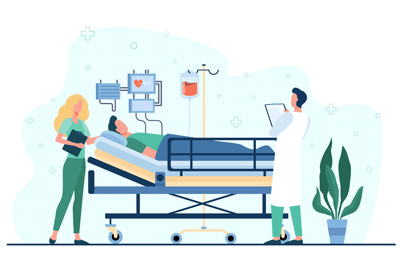










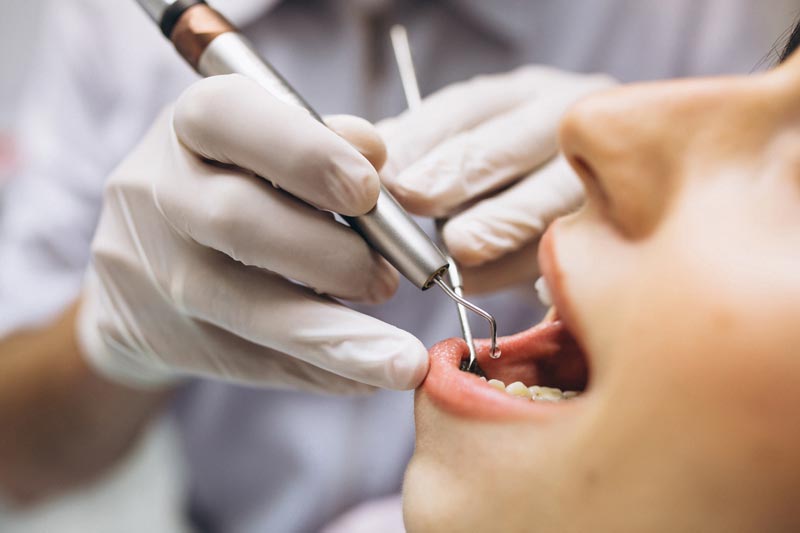
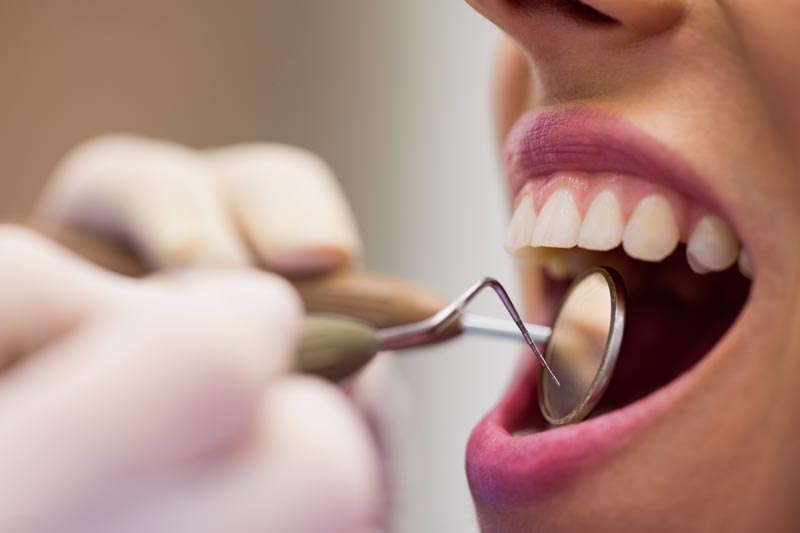










 Influenza (Flu)
Influenza (Flu)